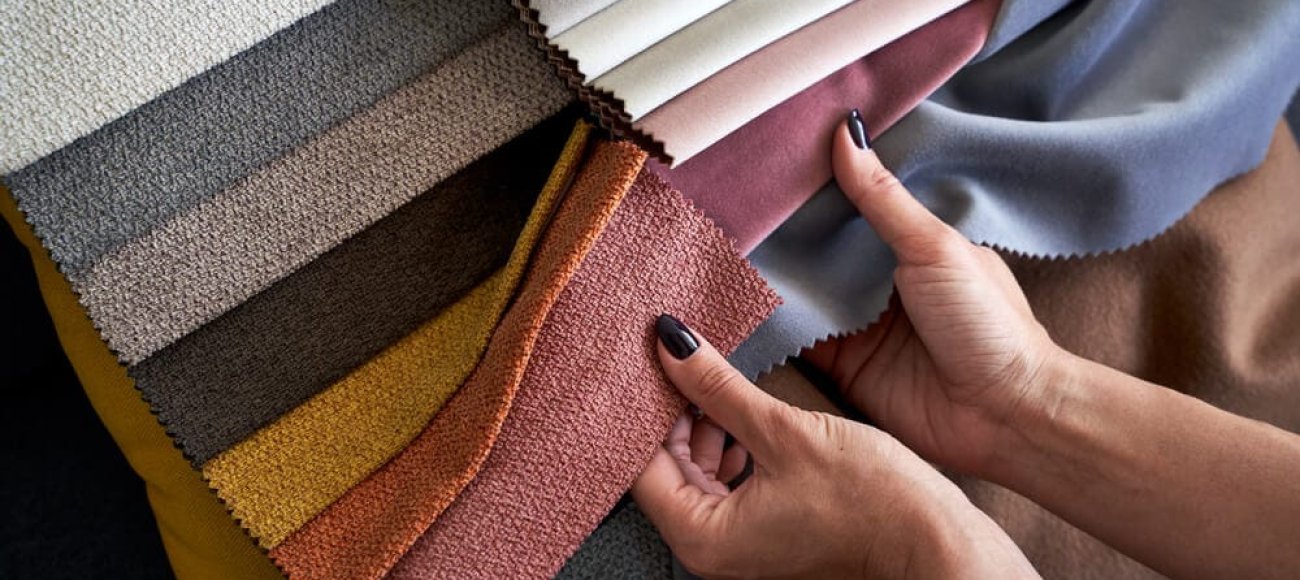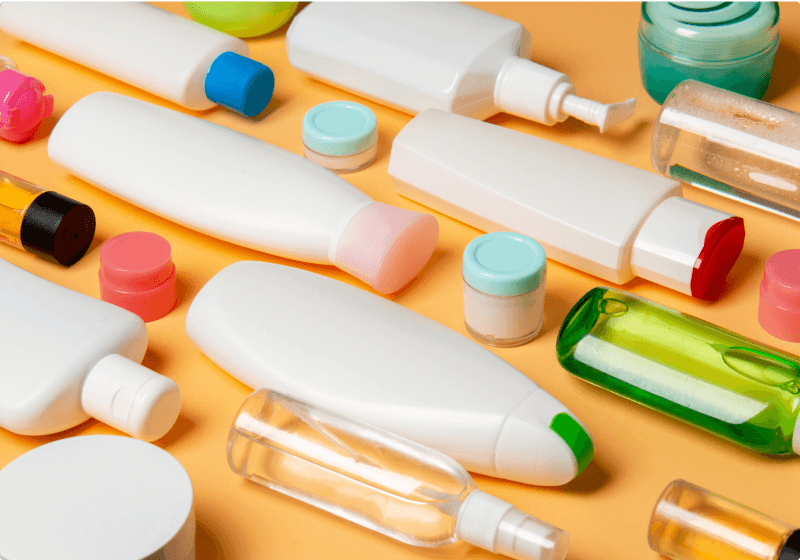Sustainability in quality and customer loyalty within the textile manufacturing industry can only be achieved if textile products meet various international standards. ISO 17299-3 is one such test standard which provides guidelines for gas chromatography based assessment of deodorant property of textile products. This article explores how adherence to ISO 17299-3 standard can significantly enhance textile quality and strengthen consumer trust.
Understanding ISO 17299-3
ISO 17299-3 describes a gas chromatography based test method intended to quantitatively determine the deodorant characteristics of all textile products. The textile product is kept in an environment having odorant chemicals and the percentage of reduction in odorousness are specifically determined using this standard. Compliance with this standard gives assurance to the fact that textiles exhibit the benchmarked level of odour control. Ensuring adherence to this standard means taking care not only of consumer satisfaction but also for the differentiation of the product within the marketplace.
Scope and Principle
ISO 17299-3 applies to any textile products taken for an odour test concerning their deodorant characteristics. The principle encompasses measuring the concentration of gaseous odorous chemicals in containers with or without a specimen of textile after a specific contact time using gas chromatography. This is followed by the calculation of the odour reduction rate, which gives an indication of the effectiveness of the deodorant in textiles.
Impact of ISO 17299-3 on product quality and consumer trust
Complying with ISO 17299-3 brings appreciable advantages for products and consumer confidence. Adherence to this standard can guarantee the manufacturer that their textiles can meet benchmarks for odour control. This shall result in a higher degree of consumer confidence and, subsequently, an improved standing in the market. Below is a summary that presents details of how compliance with ISO 17299-3 may directly influence product quality and subsequently build consumer confidence.
Enhancing Product Quality through ISO 17299-3
- Improves odour management
- Effectiveness: The standard provides a methodical approach that can be used by manufacturers for quantitatively determining the effectiveness of their products in relation to deodorant properties.
- Durability: It also determines the durability of the deodorant properties in various conditions, thus ensuring the performance of their textile products is long-lasting.
- Consistency in production
- Adhering to ISO 17299-3 helps establish consistent procedures for quality control in manufacturing processes. This consistency ensures that every product batch meets the same high standards for odour control, leading to fewer defects and higher overall product quality.
- Advanced material use
- This standard often helps to drive innovation in textile manufacturing by encouraging the use of advanced materials and technologies to meet its stringent requirements. The result is the development of new and more effective materials that offer better odour control properties and other desirable attributes.
Building Consumer Trust through ISO 17299-3 Compliance
- Transparency and assurance
- When manufacturers claim compliance with an internationally recognized standard like ISO 17299-3, it provides guarantee to the consumer and offers the market an independent assurance regarding the quality and safety of the product. This helps build trust especially among those consumers who are health-conscious.
- Meeting Consumer Expectations
- In the current textile market, there is an increasing awareness among people regarding the functional benefits provided by textiles, such as odour control. ISO 17299-3 can assure the effectiveness of the textile product in controlling odour thus enhancing consumers satisfaction and confidence.
- Differentiation in the Marketplace
- Textile products can be marketed as premium products with certification under compliance with ISO 17299-3. This difference may significantly contribute to the brand image and even gain consumer trust toward the brand since it is valuable for consumers, just like quality and effectiveness values.
- Regulatory advantage
- Adherence to such standards is a key to being placed in competitive markets where regulations might be favourable or require certification as per those standards. In practice, this may mean gaining exposure to new markets and new consumer groups that value certified products.
- Feedback and Continuous Improvement
- The test results obtained using ISO 17299-3 standard enable the manufacturers to have continual improvement in products. It’s another key factor, when taken together with this kind of dedication to ongoing betterment, that builds and maintains consumer confidence over time.
Implementation of ISO 17299-3 in Manufacturing
Training and Capacity Building
- For effective compliance, extensive training and capacity building are required. Manufacturers must train their staff on gas chromatography techniques and the specifics of the ISO 17299-3 standard.
Quality Control and Assurance
- It is very important to establish stringent quality control. Regular audits and checks should be included at each stage in the cycle of production to maintain constant compliance and to take care of any variations in real time.
Partnering with Testing Laboratories
- Manufacturers must partner with accredited laboratories that specialise in ISO 17299-3 testing. This ensures compliance with international standards and helps in troubleshooting potential issues in textile production that may affect deodorant properties.
Role of MIS
At Microbe Investigations Switzerland, we are committed to helping textile manufacturers and brands achieve and maintain ISO 17299-3 compliance, enhancing both the quality of their products and the trust of their consumers. Our rigorous testing processes ensure that textiles meet high standards for safety and performance, reinforcing your commitment to excellence and consumer satisfaction.
For expert guidance on achieving ISO 17299-3 compliance or to learn more about our comprehensive textile testing services, please reach out to our team of specialists today.














